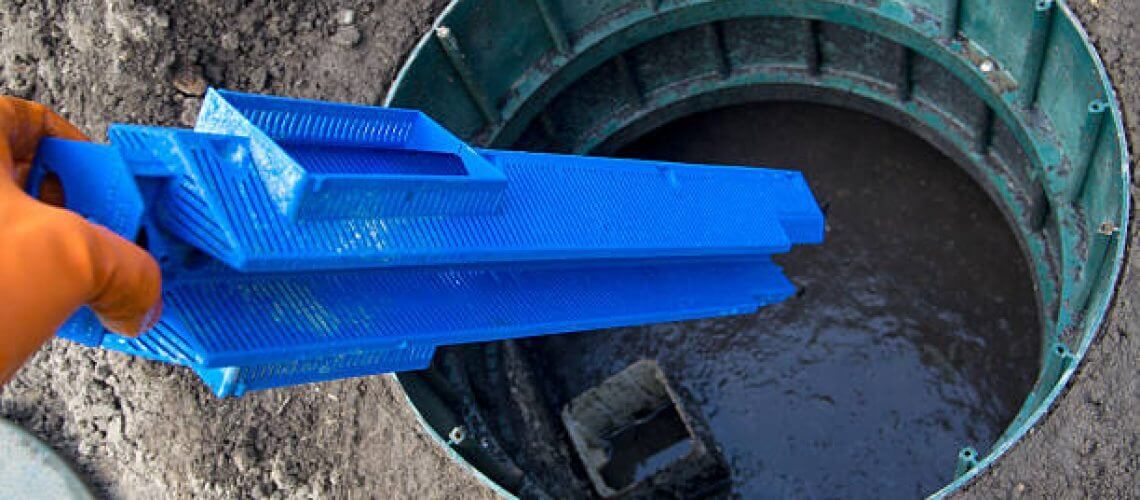If you’re a homeowner with a septic system, it’s important to know how it works and how to take care of it. A septic system treats your home’s wastewater and is usually found in places without centralized city sewer systems. Proper septic system maintenance ensures it works well, prevents costly repairs, and protects the environment. Here’s what you need to know:
Understanding Your Tank and Drain Field For Effective Maintenance
A typical septic system has two main parts: a tank and a drain field. The tank separates solids from liquids, and the solids remain there. The liquids flow into the drain field, where the soil further treats them. Understanding these basics helps in proper maintenance.
The Importance of Regular Inspections and Pumping Schedules
A professional should inspect Your septic system at least every three years. Tanks are usually pumped every three to five years, but the schedule can vary depending on the size of your tank and the number of people in your household. Regular inspections can catch problems before they become serious.
What Not to Flush to Prevent Damage and Blockages
Everything that goes down your drain ends up in the septic system. Avoid flushing anything other than human waste and toilet paper. Cooking grease, coffee grounds, paper towels, and household chemicals can damage your septic system. Even “flushable” wipes can cause blockages.
Efficient Water Use Reduces Strain
Too much water can overload a septic system. Using water efficiently helps maintain its health. Fix leaky faucets and toilets, use high-efficiency appliances, and avoid running multiple water-using appliances simultaneously.
Tips to Prevent Damage and Ensure Efficient Septic System Functioning
The drain field is where the treated water from your septic tank goes. Keep it clear of heavy equipment or vehicles, as they can compact the soil and damage the underground system. Don’t plant trees near the drain field; roots can grow into the septic system and cause blockages.
Choosing the Right Solutions For Clogs: Avoiding Chemicals to Protect Your Septic System
Harsh chemical drain cleaners can damage your septic system. For clogs, use a plunger or a plumber’s snake instead. Natural remedies like baking soda and vinegar can also be effective and are safer for your system.
Key Signs Your Septic System Needs Immediate Professional Attention
Be aware of signs that your septic system isn’t working properly. These include unpleasant odors, slow-draining sinks and toilets, gurgling sounds in the plumbing, and wet areas or standing water above the septic tank or drain field. If you notice any of these, call a professional plumber immediately.
The Importance of Documenting Maintenance Activities
Document all inspections, pumpings, repairs, and other maintenance activities. This history helps you understand your septic system’s needs and can be valuable if you sell your home.
Educating Your Household On Proper Septic System Usage For Longevity
Ensure everyone in your household understands what should and shouldn’t go into the septic system. Proper usage habits are essential for its longevity.
Taking care of your septic system is simple but requires regular attention and smart practices. Following these maintenance tips can ensure a well-functioning system, avoid unexpected repairs, and contribute to a healthier environment. Remember, consult a professional to help maintain your system properly when in doubt.



